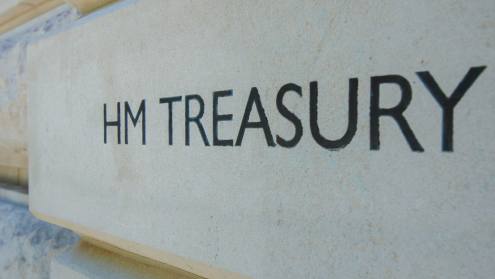After a year of oil price volatility, the stable outlook for the industry means that Nigeria's economy is on track to register high growth this year. In addition to better oil pricing, the country should also benefit from higher production, facilitated in large part by the end of conflict in the Niger Delta region. Nevertheless, the fallout from last year's subdued performance is still being felt.
The decline in oil receipts, which accounts for approximately 80% of government revenue, meant that Nigeria's fiscal position moved from surplus to deficit last year. At this stage, the deficit, which stood at 5.2% of gross domestic product (GDP), is not particularly worrying, according to Razia Khan, head of research for Africa at Standard Chartered. "The magnitude of the budget deficit is not so much a problem, but the pace at which it has grown recently is certainly a concern," she explains.












